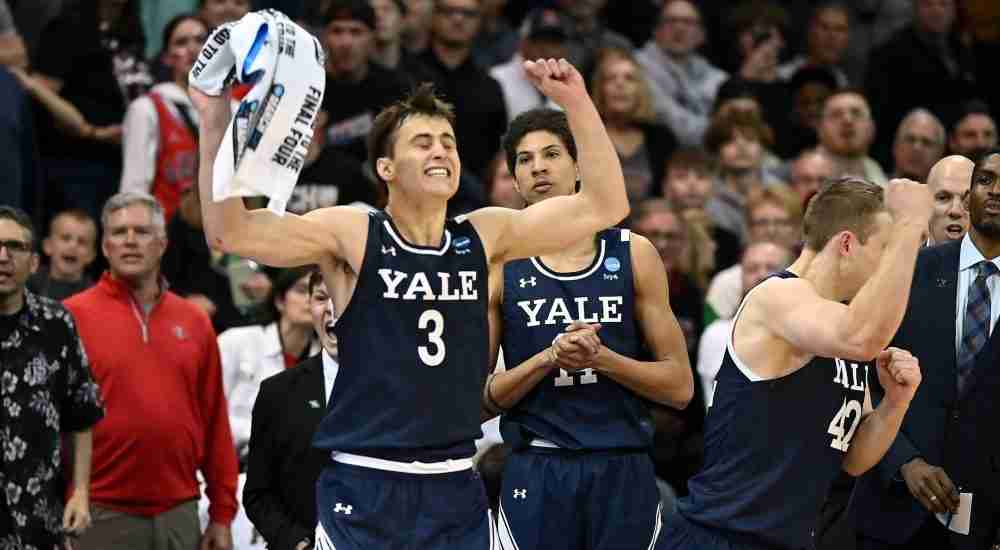The topic of NCAA Tournament expansion has gained momentum lately, even though it’s far from a universally beloved idea.
Many reasons are given for and against expansion, but one that won’t be a factor is “more money from CBS and TNT Sports.”
According to Sports Business Journal, although both media companies would receive more games if the tournament were expanded, they would not pay more. Their long-term agreements with the NCAA do not contain an escalation clause.
The expansion would also mean more inventory for the networks — even though First Four-caliber games are worth significantly less than, say, a Final Four contest. Yet with TNT Sports and CBS locked in a deal that runs through 2032 and, as industry players understand, no clause triggering a renegotiation if more games were added, the networks have little incentive to pay more. (The NCAA, CBS and TNT Sports each declined to comment when asked whether such a clause existed.)
Escalator clauses are not universal. The Big Ten’s media rights deals with CBS, Fox and NBC have indexation clauses related to the possibility of Notre Dame joining the conference, while the Big 12 media rights deal with ESPN (not its deal with Fox) contains a pro-rating clause, keeping the payment per school the same and increasing the overall value of the deal. Notably, the new College Football Playoff deal with ESPN does not have an indexation clause in the event of future expansion from 12 to 14 teams.
The lack of an escalation clause in the NCAA Tournament media rights deals means that with expansion and the number of games, the value of a unit each conference receives for playing a game will decrease. This will end up hurting the small, single-bid conferences, which likely won’t receive more than one team in the tournament, and will (shockingly) help the larger conferences, which will likely end up absorbing most of the additional bids. an expanded tournament.

